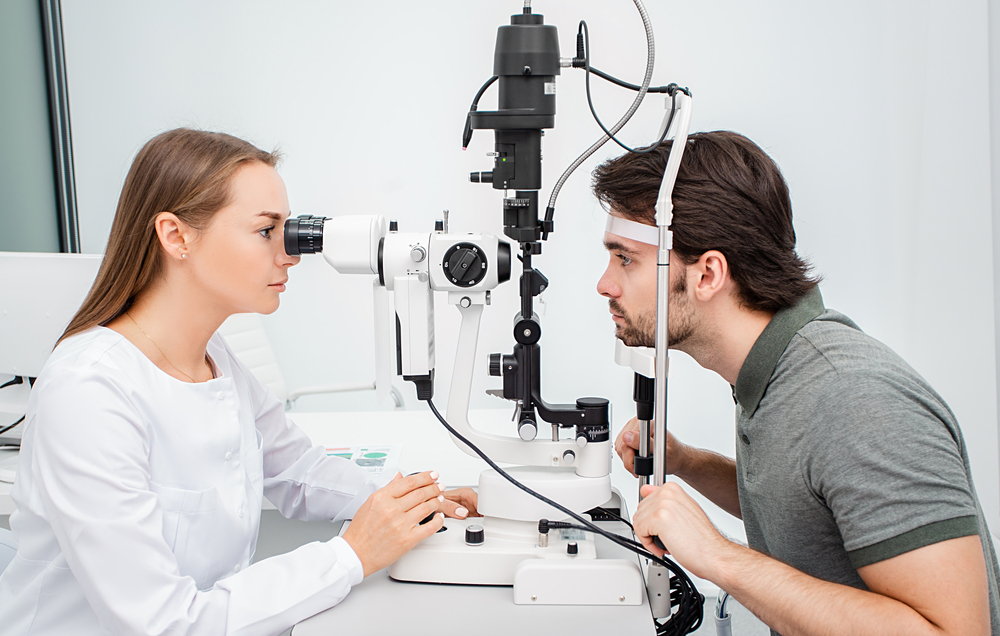Blog List
Learn more about optometry care and procedures in our blog!

Are you able to read the tiniest print on a poster without hesitation? Also, you have probably never complained about blurry vision. However, just because you do not notice anything wrong, it does not mean your eyes are perfectly healthy.

Your eyeglass lenses play a major role in how well you see and how comfortable you feel throughout the day. While standard lenses work well for many people, some vision and lifestyle needs require a more tailored solution. Specialty lenses are designed to address unique visual challenges and can significantly enhance your overall experience with glasses.

Imagine a classroom where every word appears bright and clear. Concern may arise when a child strains to see the board or struggles with books. A worry may grow as parents wonder if vision issues hide a deeper learning challenge.

Contact lenses provide a convenient and effective way to correct vision, but ensuring the right fit is crucial for comfort and eye health. Many people assume that all contact lenses are the same, but an improper fit can lead to discomfort, eye irritation, and even long-term vision problems. Here’s why getting a proper contact lens fit matters and what you need to know to protect your eyes.

When it comes to health checkups, regular eye exams often fall to the bottom of the list. However, just as you schedule annual physicals and dental cleanings, routine eye exams should be a priority for everyone—whether you wear glasses or not. At International Opticians, we believe that regular eye exams are essential for maintaining clear vision, detecting eye diseases early, and preserving overall health.

Eye strain, also known as computer vision syndrome, is a common condition that affects millions of people worldwide. As we spend more time in front of digital screens, whether for work, entertainment, or everyday tasks, our eyes are subjected to prolonged periods of concentrated focus, leading to a range of unpleasant symptoms. These can include headaches, blurred vision, dry eyes, and even neck and shoulder pain.

In today's digital age, we are constantly surrounded by screens, from smartphones to laptops and tablets. While these devices have undoubtedly made our lives more convenient, they also expose us to a significant amount of blue light. Blue light is a high-energy light that is emitted by electronic devices and artificial lighting sources. While some exposure to blue light is natural and necessary for our wellbeing, excessive and prolonged exposure can have detrimental effects on our eyes and overall health.

One common age-related vision issue is presbyopia, a condition that affects the eye's ability to focus on nearby objects. Understanding the causes, recognizing the symptoms, and knowing the role of multifocal lenses in addressing presbyopia is crucial in managing this condition effectively.

If you wear eyeglasses, you know how clear lenses can be uncomfortable in direct sunlight. Moving from indoors to outdoors can cause you to squint as your eyes adjust to the light. Carrying a pair of prescription sunglasses is not always convenient. Transition lenses provide the best solution because you can use one pair of eyeglasses in any lighting or environmental condition. You can enjoy clear and comfortable vision anywhere.

The effects of dry eye syndrome can be quite debilitating. The constant burning, stinging, and redness can make it difficult to focus on daily tasks, much less enjoy life. Fortunately, new advances in dry eye treatment offer hope for those struggling with this condition. Here is a look at the latest treatments for dry eye, including what you need to know.







